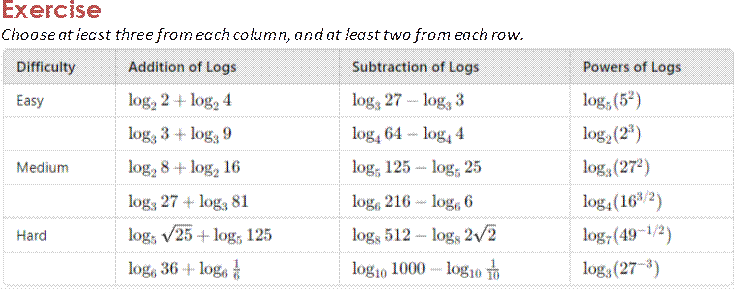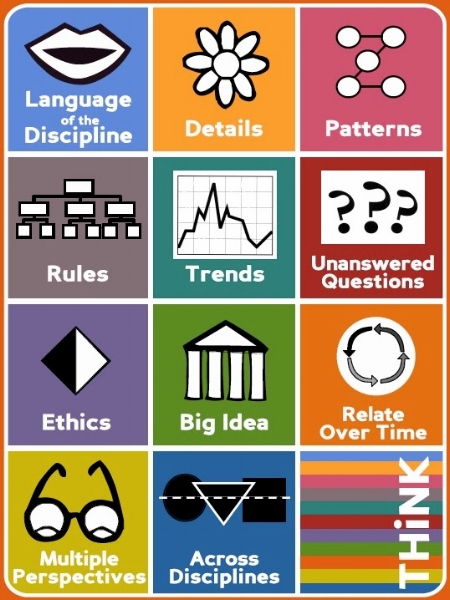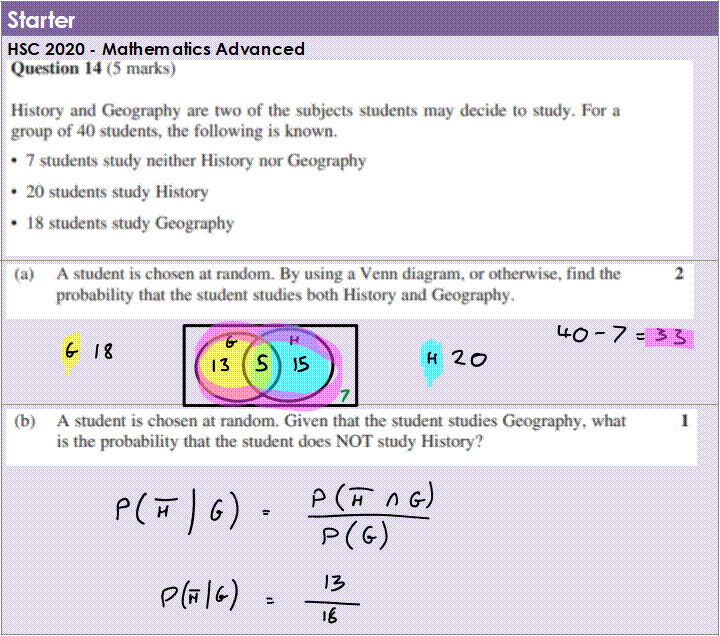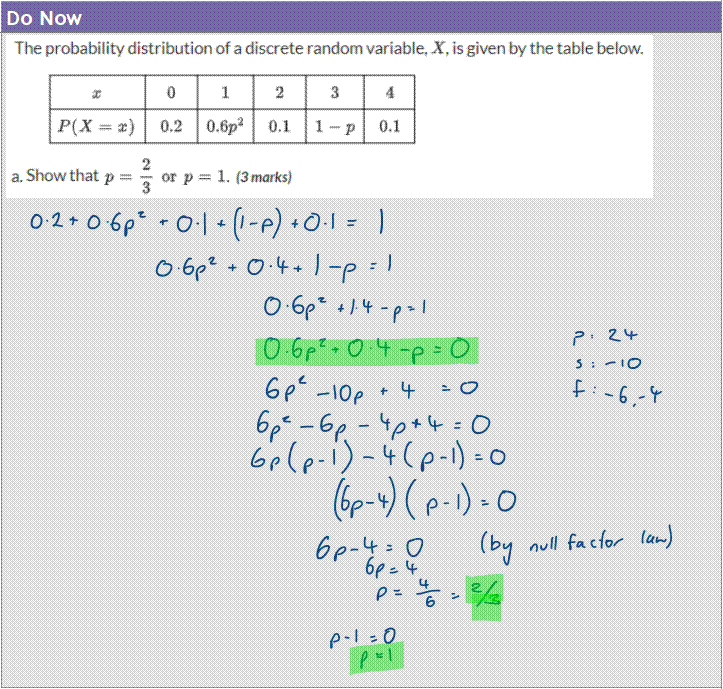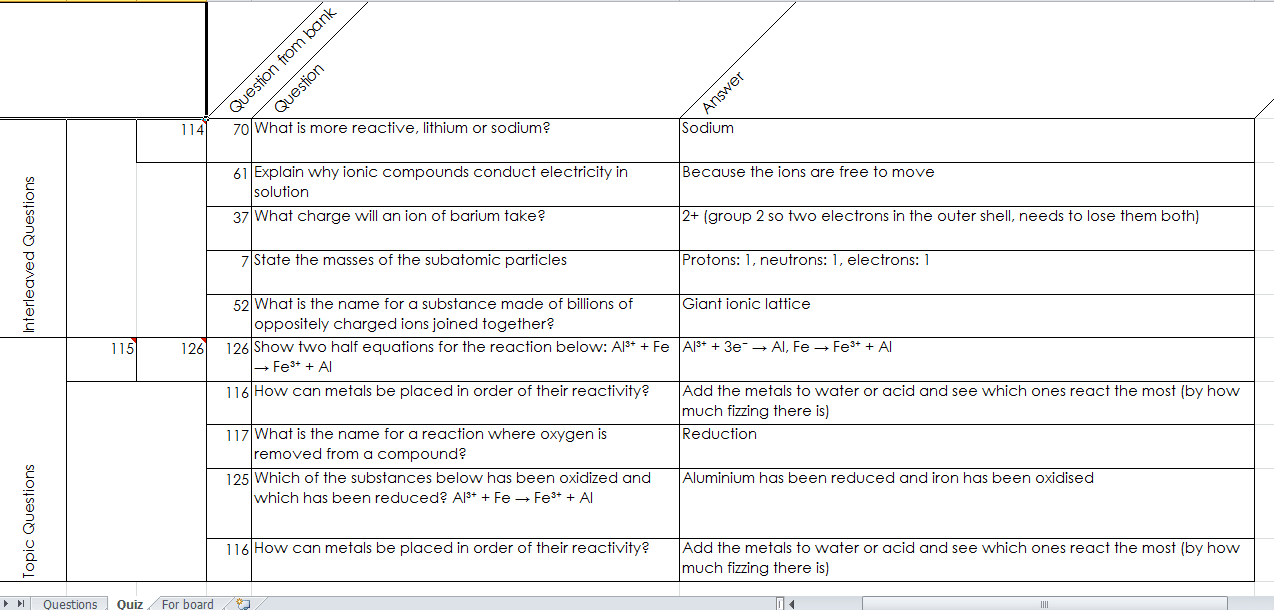Differentiation
Differentiation is a key educational priority for meeting the teaching and learning needs of diverse students (NSW Education Standards Authority, 2024). At its core, differentiation is concerned with making teaching and learning accessible, relevant, and appropriate for students who are arriving at an activity with different backgrounds and abilities. Differentiation is explicitly targeted by standard 1.5, but it is also incorporated by standards 1.3, 1.4, and 1.6. Additionally, differentiation recurs as a priority even across strategies recommended by NSW education research (Centre for Education Statistics and Evaluation, 2020).
Increasing in confidence and competence implementing differentiation has been identified as a personal teaching goal for me throughout my teacher training, as demonstrated by the following extract from a goal-setting document.
As a result of my goal setting and actions taken to progress, I implemented a variety of techniques, including self-selection challenge matrices such as the one below. These self-selection matrices enable student-led differentiation as they choose their own problems under a set of parameters, which is proven to effectively promote student growth (Tomlinson, 2001).
Additionally, I have learned how to use depth and complexity icons (Kaplan, 2011) in order to extend students into higher order thinking.
Using these icons is not yet a regular feature of my lessons, which is where their use is most effective. When students are familiar with the icons and how they are to be used, they can accomplish extremely sustainable differentiation, since students may embark on an individualised journey toward depth and complexity simply by selecting or being prompted toward a particular icon. More regular use of these icons in teaching and learning activities is something to aim toward.
Retrieval
Student learning is wasted if new understanding does not find its way into long term memory. One of the most effective ways to solidify learning is through retrieval practice (Roediger & Butler, 2011). The use of retrieval techniques contributes to focus area 1.2, displaying a knowledge of the way students retain understanding.
After observing retrieval being implemented by experienced teachers in various forms such as “Do Now” activities, quick quizzes, and whiteboard retrieval, I have established a pattern of beginning lessons with a “Starter” which requires students to retrieve learning from previous content areas or recent learning.
In Stage 6, I often use questions from HSC past papers, or similar sources, so that students are exposed to the kinds of questions they are likely to be asked in formal assessment.
The kind of retrieval that I include in lessons also serves as formative assessment, as I am able to observe students’ knowledge and retention of concepts. Due to the format of the starters that I prepare, retrieval may be used as an opportunity to reteach or model working for content that students have forgotten or continue to struggle with.
Retrieval can also be done in different ways. A retrieval roulette, first created by Adam Boxer (2017), enables teachers to collate a question bank over the entirety of a course, and automatically present a selection of both interleaved and recent retrieval questions for students to attempt each lesson.
One tool I have seen used in Stage 6 classrooms for retrieval in mathematics is embedded below:
Interactive Maths Retrieval Roulette
Such tools align with focus area 1.5, since the difficulty of some or all of the retrieval activities can be configured to increase complexity and challenge.


